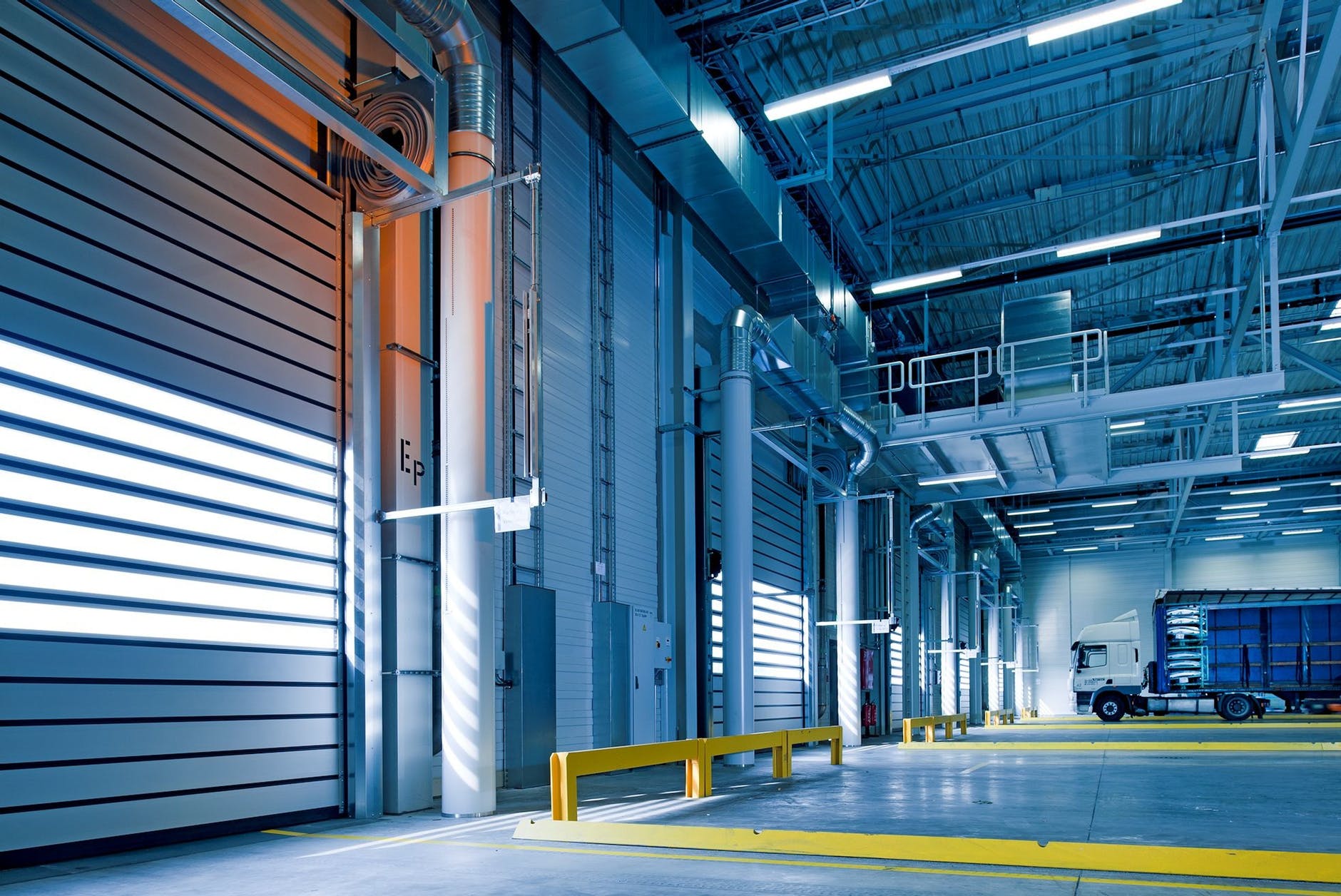Industrial revolution emerges as the dawn of digital transformation. Meaning that Industry 4.0 bestows a whole new era of globalization. Now all of this might simply appear to be speculations. But for some that are aware of the potential hidden behind these next-generation technologies, would definitely argue.
What started with using water and steam to generate power has now come up to a point where the manual workforce is being replaced with automated machines and bots. The present-day business operations are far faster, secured and banked with connectivity. Having said all of this, one question that begs importance is, do you think your organization is all set to accept and embrace the revolution?
Ok ok, before we dive deep into this, let’s have a look at what exactly do we mean to say by Industry 4.0!
Customization Is The New Normal in Industry 4.0
Till date, we have seen a huge influx of products tailored to meet the market needs. However, post the industrialization wave, production has changed its face. That is, in lieu of the technologies and tools to be used, products would largely be customized. As a trend, we are aware of the fact that personalized products are restrictive in volume and apparently cost high. However, with industry 4.0, there are technologies such as artificial intelligence, 3D printer, robots, etc. These have the potential to automate tasks while keeping the cost of production as low as possible. Given the above, manufacturing companies would accelerate the time to market of the products while keeping the cost low, performance high and features user-specific.
Automation To Cut Down Manual Working Hours
Computerized machines and automated robots have been in consideration for a long time. Nearly every manufacturing unit is seen investing huge amounts in RPA to automate their everyday mundane tasks. According to research by CNN, the top industrial giant’s are spending huge amounts to automate their workforce. Artificial Intelligence is the technology backing the idea of automation. Irrespective of the kind of operations your business dwells in, AI has the potential to streamline tasks while blending automation in most of the repetitive, day to day mundane tasks. This boosts the overall productivity of the organization in a way that basic, time-consuming tasks can be automated whereas the manual workforce can focus on core activities that require human intervention. To sum up, your organization would do more work in lesser possible time.
The entire corporate workforce would change. There would be less of humans, more machines, better operations, strategic infrastructure, and an excellent mechanism. Employees would have the hold over the entire organization, ubiquitous data access, efficient team management, and leveraged output
Big Data is Key in industry 4.0
According to Forbes, big data is a collection of data from sources both internal and external to the organization. Now, this data might not have much significance a decade ago, but given the wave of industrialization and digitization, today there isn’t anything as influential as data. Nearly every device serves as a data source and this data is further sorted, analyzed and worked upon to predict user behaviour. Interpreting data helps organizations to drive significant insights on the choices and preferences of users which further help marketers segment and target their product to the ideal customer. Such inception of the workforce is bound to alter the way organization work and render solutions.
Connectivity On The Go
According to research, there would nearly be 20.6 billion connected devices by the end of 2020. Now the numbers speak for itself. Such is the face of industrialization and is definitely aimed at disrupting the entire world. Given the pace at which the world is embedding IoT, there would not persist a gap between the digital world and the physical era. Smartness would then shift from phones to homes and watches and individuals can connect and communicate with devices in the same way they do with humans. Wearables would integrate another spectrum of connectivity where health could be monitored via devices and chatbots would come to rescue. Everything would witness modernization. Self-driving cars has hit the digital economy and sooner, would we find driverless cars running on the streets. Tracking in real-time would take over baseless predictions paving way for a new era with no room for the digital divide.
Conclusion
All of this is based on facts and nothing said or reflected needs cross testifying. The doors have opened and it’s time for you too to pounce on and integrate the modern-day technologies to make your organization change-ready. Though the start seems to be a bit blow but fast forward twenty years and you would experience an era of digital domination. Now or then, you need to redesign your workforce. Needless to say, the sooner the better, so what do you think?


